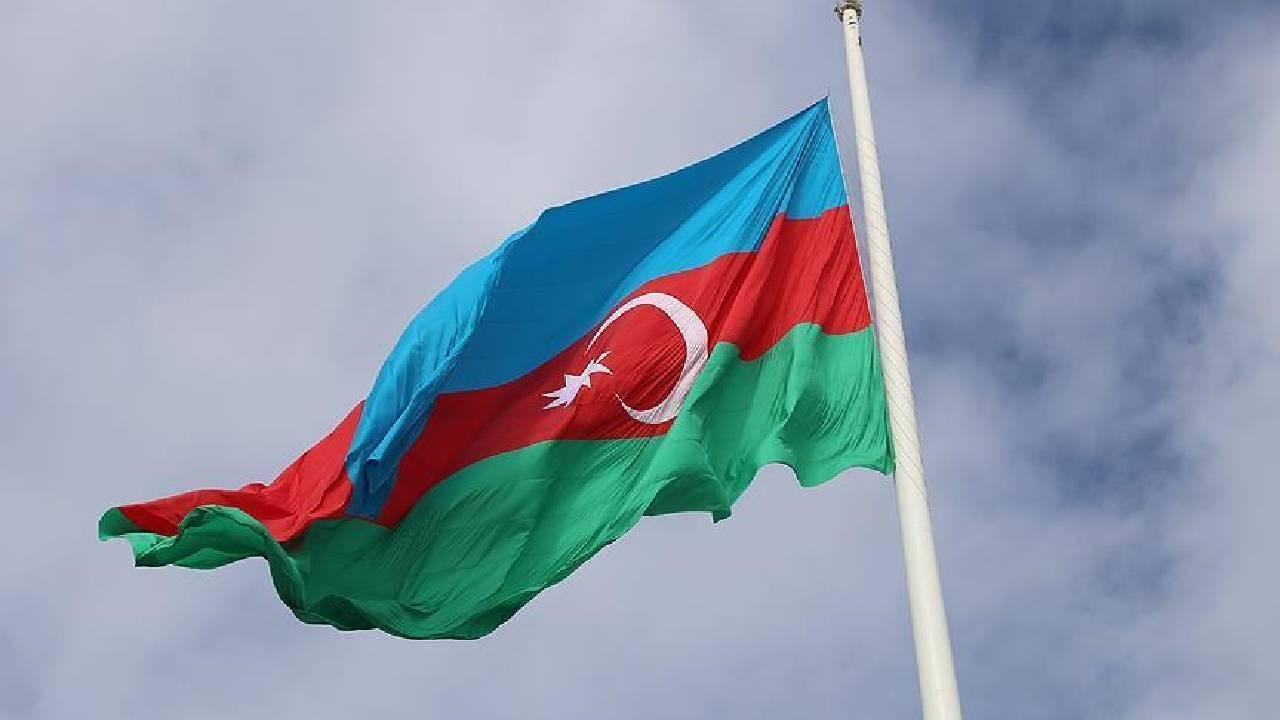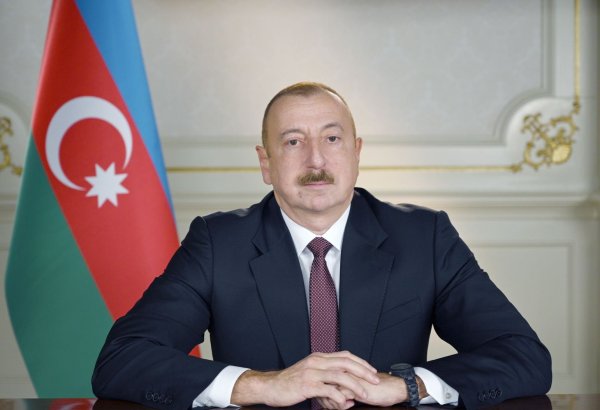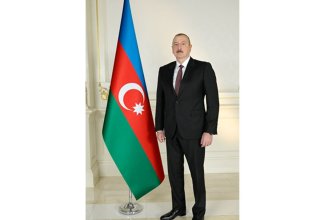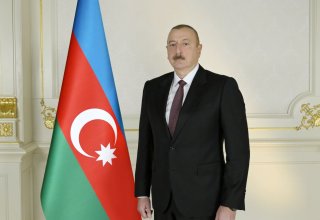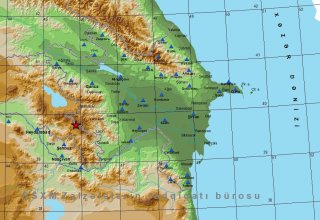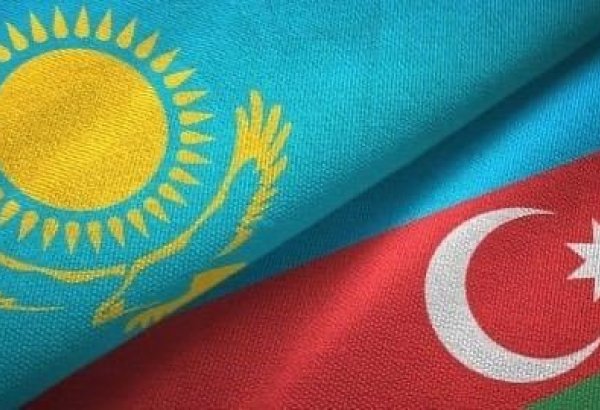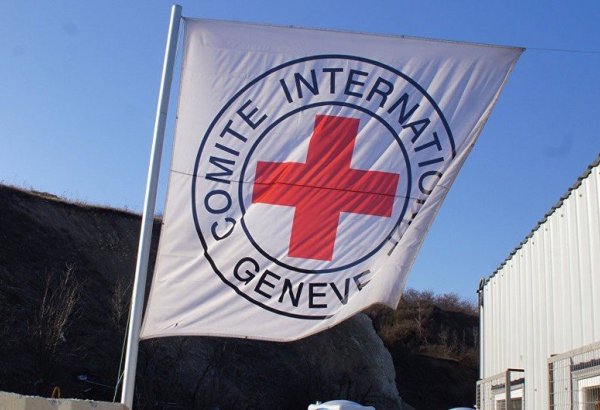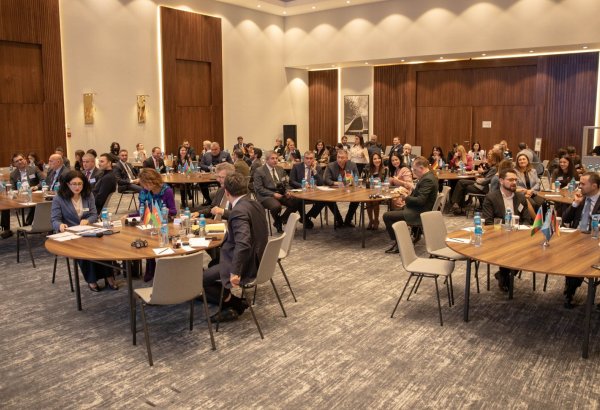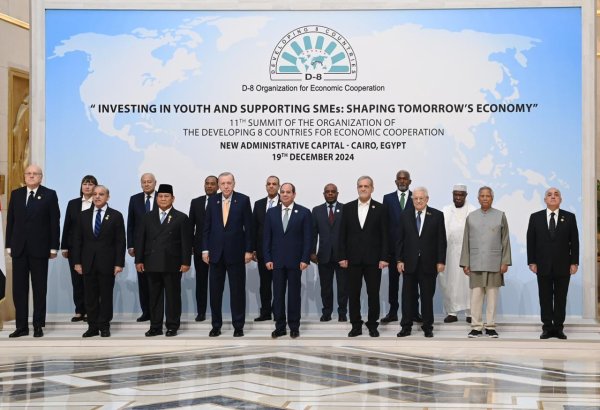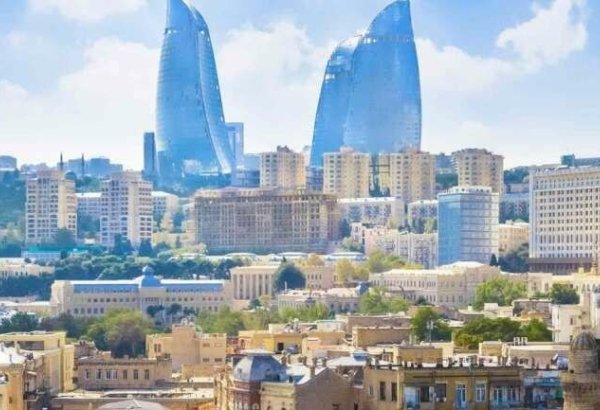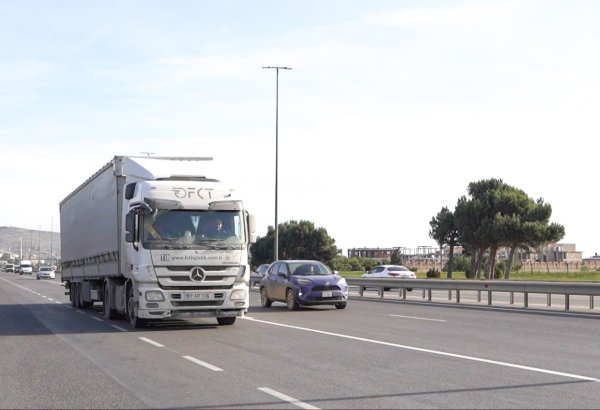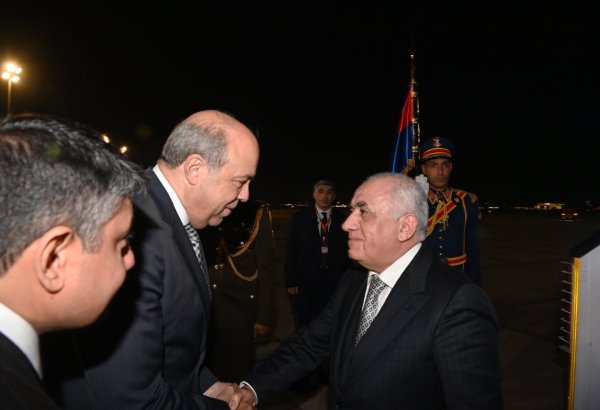BAKU, Azerbaijan, August 16. The role of regional cooperation formats has significantly increased in today's rapidly changing geopolitical environment, with Azerbaijan standing out as a rare example of exceptional success, TurkicWorld reports.
Thanks to the foreign policy led by President of Azerbaijan Ilham Aliyev and his priority on strengthening interactions with neighboring countries, the country plays a key role in ensuring stability and development in the South Caucasus.
By striving for harmonious relations with neighboring states, Azerbaijan emphasizes mutually beneficial cooperation based on equality and mutual respect.
Georgia, Türkiye, Russia, and Iran are countries with which Azerbaijan maintains close ties, strengthening economic, political, and cultural interactions.
One example of such cooperation is the relationship between Baku and Tbilisi.
Georgia and Azerbaijan have historically had strong economic and energy ties, symbolized by the Baku-Tbilisi-Ceyhan and Baku-Tbilisi-Erzurum pipelines.
Azerbaijan has become a critical component of Europe's energy security because of these transport arteries, which facilitate the export of enormous volumes of energy resources.
The Southern Gas Corridor project, through which gas is transported from Azerbaijan to Europe via Georgia and Türkiye, embodies the success of President Ilham Aliyev's foreign policy priority: sustainable cooperation between Azerbaijan, Georgia, and Türkiye has become one of the fundamental conditions for the project's success, which is now critical for all of Europe.
Regarding Türkiye, there is no other example in the world where the relationship between two countries is characterized by the phrase 'One nation – two states'
These words, spoken by National Leader Heydar Aliyev, underscore the depth of Azerbaijan's historical, cultural, and political ties.
Economic cooperation between Baku and Ankara spans a wide range of sectors: from energy to defense, from trade to finance, and many other areas.
The State Oil Company of Azerbaijan (SOCAR), for instance, plays a key role in Türkiye's energy sector, owning major assets including the Petkim petrochemical complex and the STAR refinery, which was completed in 2018.
These projects ensure Türkiye's energy security and contribute to the economic growth of both countries.
A logical outcome of strengthening Azerbaijani-Turkish relations was the Shusha Declaration, signed by President Ilham Aliyev and Turkish leader Recep Tayyip Erdogan.
This document not only summarized decades of bilateral cooperation, but it also set priorities for the Azerbaijani-Turkish alliance for many years to come.
Russia is also a traditionally important partner for Azerbaijan.
In 2022, Ilham Aliyev and his Russian counterpart Vladimir Putin signed a Declaration on Allied Interaction – a crucial document that has laid the foundation for the current rapid development of Azerbaijani-Russian cooperation.
In recent years, the countries have strengthened cooperation in energy and transport.
For example, Russian companies are actively involved in the development of Azerbaijani oil and gas fields, as well as in modernizing energy transport infrastructure.
Joint projects include gas infrastructure modernization and energy facility construction.
Russia is also a major gas supplier for Azerbaijan's winter needs, ensuring the reliability and stability of the energy supply.
Trade between Azerbaijan and Russia last year amounted to about $4.4 billion, increasing by 17.5 percent over the year.
This impressive growth reflects the significant role of trade with Russia in Azerbaijan's overall foreign trade turnover, which was 8.52 percent last year.
Azerbaijan exports agricultural products to Russia, including fruits, vegetables, and cotton.
Meanwhile, Russia supplies Azerbaijan with industrial goods, machinery, equipment, and food products.
Cooperation between Baku and Moscow covers a wide range of areas.
The development of transport infrastructure, including rail and road transport, is a key direction.
The countries also collaborate in the agro-industrial complex, which promotes agriculture and food industry development.
Russia was also instrumental in 2020 in bringing an end to the Second Karabakh War.
The country's efforts, including the deployment of peacekeeping forces in Azerbaijan's Karabakh region following the signing of the trilateral statement in November 2020, contributed to stabilizing the situation, as emphasized by President Ilham Aliyev.
One of the main promising directions for Azerbaijani-Russian cooperation today is the North-South Transport Corridor, which reduces delivery times for goods between India and Europe through Azerbaijan, Russia, and Iran.
Furthermore, mutual ties between Azerbaijan and Iran are also being reinforced.
Despite some challenges, Baku and Tehran overcame crises and launched a new dynamic stage in their relations.
The two countries cooperate in electricity exchange, transit transport, water resources, and many other areas.
Azerbaijan consistently advocates for regional issues to be resolved by the region's countries without third-party interference.
This approach helps avoid additional conflicts and tension, contributing to the strengthening of peace and stability.
Cooperation, primarily with neighbors, is one of the key directions of President Ilham Aliyev's foreign policy, serving as a foundation for development for all countries in the region ready to cooperate.
Baku sees this as laying the groundwork for paving the way to success for the entire South Caucasus and all its partners.








